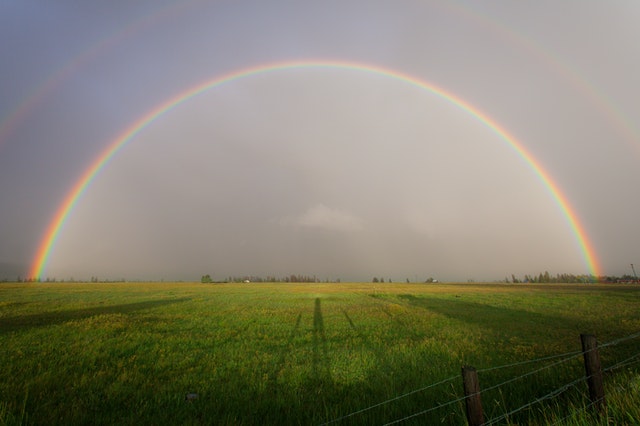September is National Suicide Prevention Awareness Month. This is an issue that is close to my heart and a topic on which rural America absolutely has to do better.
Suicide rates are higher in rural America than in urban America, and that gap steadily increased between 1999 and 2015. In that time frame, the rate of suicide between Americans age 25-64 rose by 41%, with rates being 25% higher for those living in rural America. Those involved in agriculture have one of the highest suicide rates in the country. Mental health is an issue that we simply have to normalize and be willing to talk about. Doing so will literally save lives.

Photo by Binyamin Mellish via Pexels
In that vein, there are two new resources on agriculture and mental health that I would like to highlight.
First, my friends at the National Agricultural Law Center have put together a wonderful resource page called Farm Stress & Mental Health: Where Can You Turn. This website offers an interactive map where you can click on your state and it will bring up a list of mental health resources available. They include everything from hotline numbers to various fact sheets to available programs. The listing for Texas may be found here.
Second, my friend Shannon Ferrell at Oklahoma State University is working on a project related to mental health and rural America. They will be rolling out their program website that will include resources, videos, and fact sheets related to this important issue. Additionally, they will offer several online discussions about mental health and rural America. The programs are free and will begin today at 10 am CST. The schedule is as follows:
9/14/20 Dr. Matt Brosi: Helping Face Challenges
9/16/20 Jordan Shuler: Managing Farm Stress
9/21/20 Kami Gallus: When Disaster Hits
9/23/20: Amanda Szarsynski: Dealing w/ Suicide
9/28/20: Nathan Hardy: Communicating in Stressful Times
9/30/20: Jordan Shuler: Managing Stress through Mindfulness
To access these programs, click here.
Lastly, I wanted to share portion from something I read recently from Carlos Whitaker to anyone that feels hopeless. “You have so much to live for. I know it may feel dark. But the darkness will and can lift. I promise. And there are lots of people ready to help you live…You are worth living for. So please, stay with us. We need you…”











